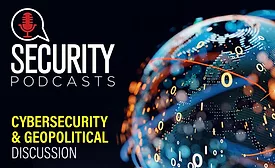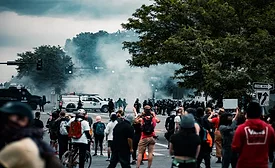Home » Keywords: » political violence
Items Tagged with 'political violence'
ARTICLES
The Power Shift – Changing global influence in a year of elections
Check out episode 21 of The Cybersecurity & Geopolitical Discussion.
March 20, 2024
Sign-up to receive top management & result-driven techniques in the industry.
Join over 20,000+ industry leaders who receive our premium content.
SIGN UP TODAY!Copyright ©2026. All Rights Reserved BNP Media.
Design, CMS, Hosting & Web Development :: ePublishing













